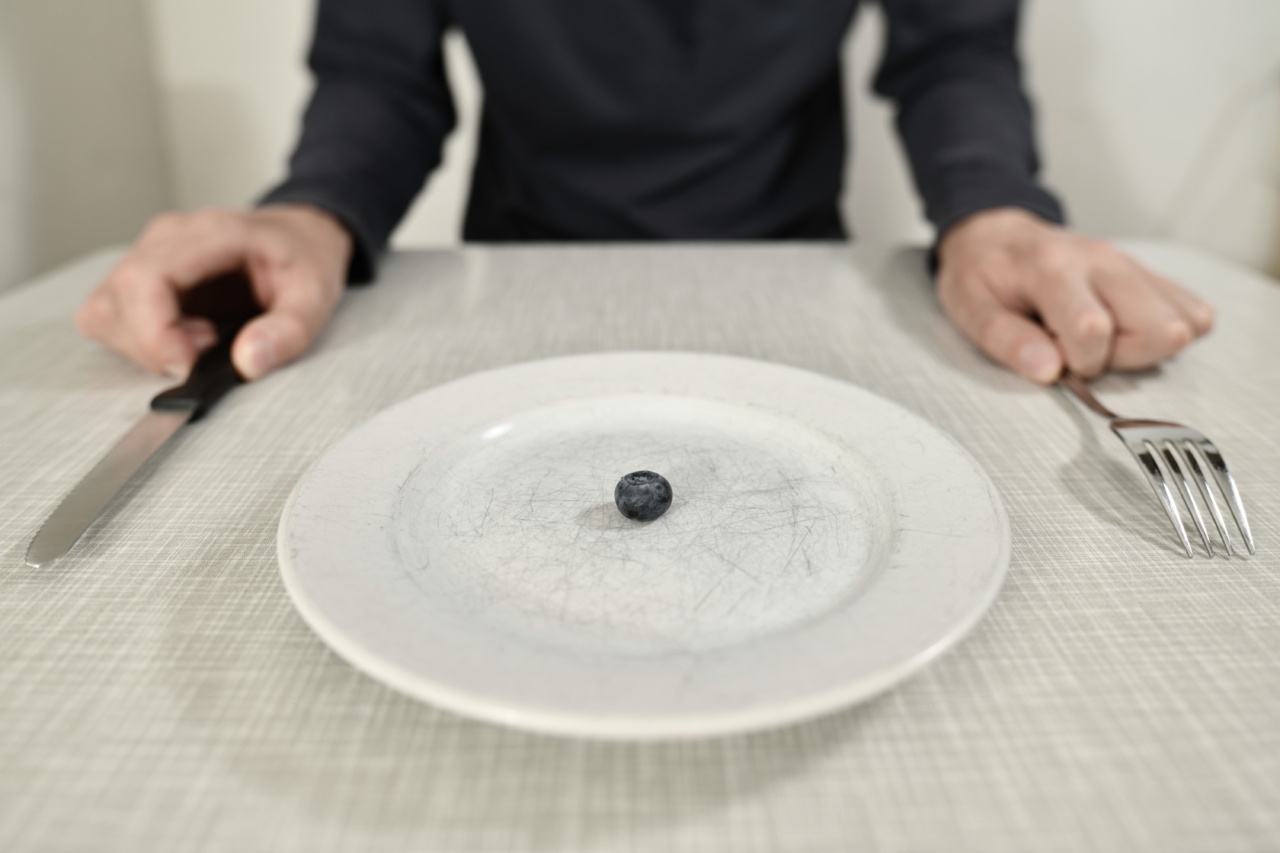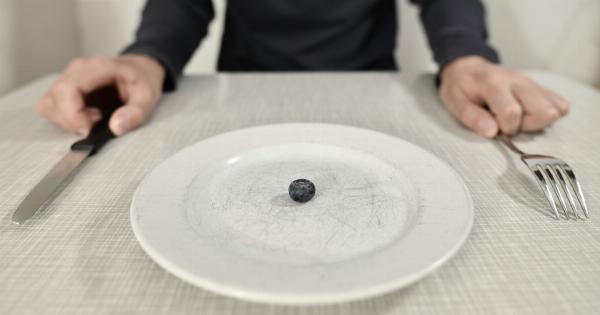Bones serve as the framework of our body, providing support and protection to our organs and muscles. As we age, our bones start to weaken, such as osteoporosis, a disease that causes bones to become fragile and prone to fractures.
While genetics and other factors, such as physical activity and hormonal changes, play a crucial role in bone health, diet also plays a significant role. Some diets can cause harm to your bones and lead to osteoporosis. Read on to find out which diet may weaken your bones.
The Low-Carb or Keto Diet
The keto or low-carb diet is a popular weight loss diet that restricts the intake of carbohydrates and increases the consumption of high-fat foods. This type of diet can lead to quick weight loss, but it can also have negative effects on bone health.
The keto diet can cause calcium loss in the urine, which can weaken bones, increase the risk of fractures, and lead to osteoporosis. Studies have shown that people who follow a keto diet may have lower bone density compared to those who follow a traditional diet.
The High-Protein Diet
Protein is essential for building and repairing tissues, including bones. However, consuming too much protein can have the opposite effect and weaken your bones.
When you consume high amounts of protein, your body releases more acid into the bloodstream, which can lead to bone calcium loss. Studies have shown that people who consume more protein than needed can have weaker bones than those who consume protein in moderation.
The Acidic Diet
An acidic diet is high in acid-forming foods, such as meat, dairy, and processed foods, and low in alkaline-forming foods, such as fruits and vegetables.
When you consume acidic foods, your body releases more acid into the bloodstream to maintain pH balance. This can lead to bone calcium loss, weakening your bones and increasing the risk of osteoporosis. A diet high in fruits and vegetables can help counteract the effects of an acidic diet and promote bone health.
The Low-Calorie Diet
The low-calorie diet is a popular weight loss diet that restricts the intake of calories to promote weight loss. While it may help you lose weight, it can also have negative effects on bone health.
When you consume fewer calories than your body needs, it can result in a decrease in bone density, making your bones weaker and more susceptible to fractures. Studies have shown that women who follow a low-calorie diet may have lower bone density compared to those who consume a healthy amount of calories.
The Caffeine Diet
Caffeine is a stimulant found in coffee, tea, soda, and some supplements. While moderate caffeine intake is generally safe, consuming too much caffeine can lead to negative effects on bone health.
Caffeine can increase the excretion of calcium in urine, which can weaken bones and increase the risk of fractures. Studies have shown that excessive caffeine intake can have negative effects on bone health, making your bones weaker and more prone to fractures. It is recommended to consume no more than 400mg of caffeine per day or about four cups of coffee.
The Sodium Diet
Excessive sodium intake can have negative effects on heart health, but it can also have negative effects on bone health. High sodium intake can lead to calcium loss in urine, weakening your bones and increasing the risk of fractures.
A diet high in processed foods and salt can also result in an acidic diet, exacerbating the negative effects on bone health. It is recommended to consume no more than 2,300mg of sodium per day.
The Vitamin D and Calcium Deficient Diet
Calcium and vitamin D are essential for bone health. Calcium provides the building blocks for bones, while vitamin D helps the body absorb calcium.
Deficiency in either of these nutrients can lead to weak and brittle bones, increasing the risk of fractures and osteoporosis. A diet deficient in calcium and vitamin D can lead to negative effects on bone health. It is recommended to consume at least 1,000mg of calcium per day and get adequate vitamin D through sun exposure or supplements.
The Takeaway
Diet plays a crucial role in bone health, and some diets can weaken bones, increasing the risk of fractures and osteoporosis.
The keto, high-protein, acidic, low-calorie, caffeine, sodium, and calcium and vitamin D deficient diets can all lead to negative effects on bone health. Prioritizing a diet rich in fruits and vegetables, moderate in protein, and with adequate calcium and vitamin D can help promote strong and healthy bones.































